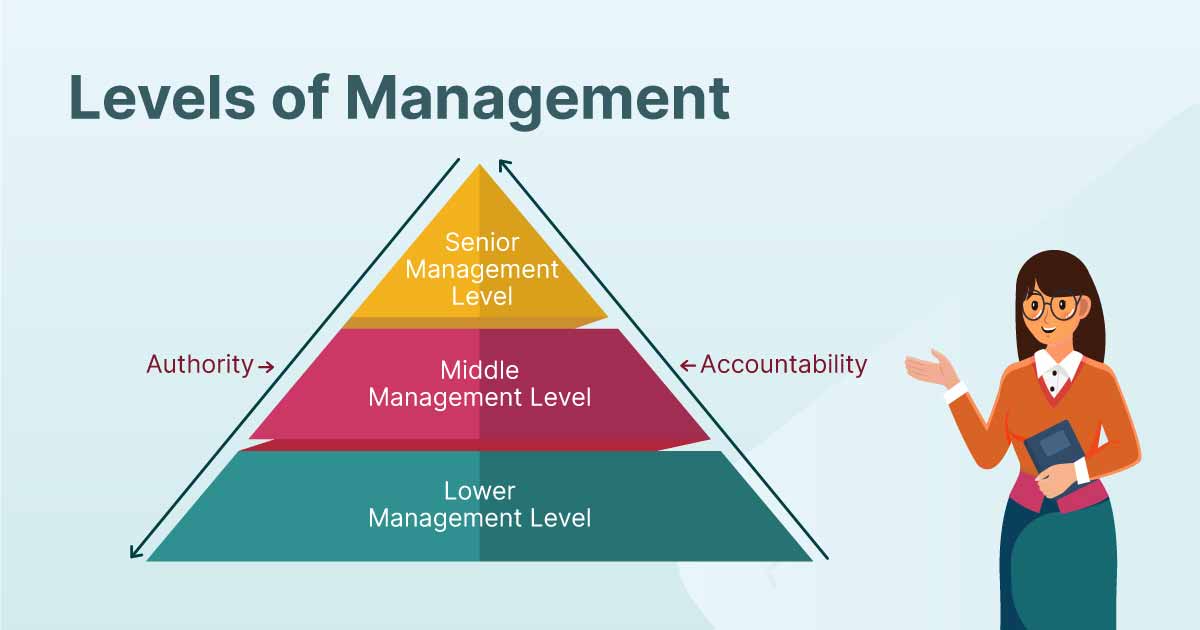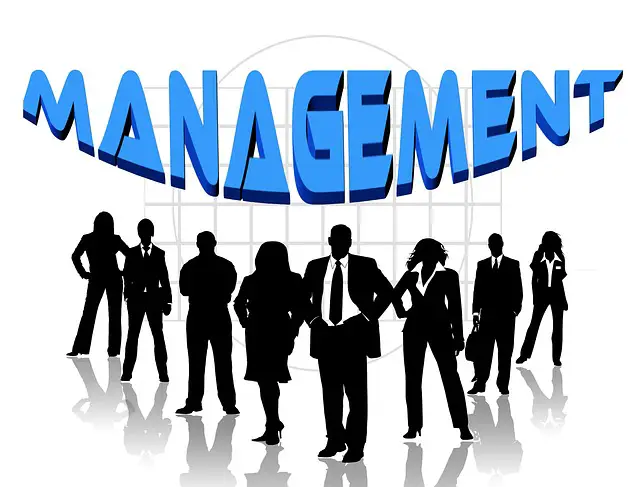What Is Management?
Management is the process of making effective use of a company’s resources in order to accomplish the company’s commercial objectives. It entails arranging and guiding the activities and procedures, as well as the people, in order to achieve the goals of the company. Managers are put in charge of an organisation in order to provide an environment in which employees may work productively and successfully to reach their full potential. Managers take on a variety of responsibilities, which might vary based on the business unit they oversee or the position they hold. It is impossible to describe the work in a single statement. The following is a list of some of the duties that managers are expected to carry out in the course of their jobs.

- Develop a number of different aims and targets.
- Make sure everything is on the schedule for the various jobs.
- Create plans that will increase both production and efficiency, as well as performance.
- Ensure that all business and statutory policies, as well as legislation, are adhered to.
- Employees will be developed and coached.7yhg
- Maintain a close eye on productivity, as well as performance and finances.
- Address concerns raised by customers.
- Instruction for workers
- This is just a partial list, since the responsibilities of an administrator will vary depending on the organisation and the specific department. In a nutshell, a manager’s primary responsibility is to guarantee that the company’s goals are met while also being able to handle any task or scenario that may arise.

Levels Of Management
Every business has managers located at a variety of levels within the company. The designations given to them may be different from one firm to the next. However, the majority of these professions are classified into one of 3 management levels.

The top management
These people consist of the company’s chief executive officers, leader, and executive vice presidents. The chief executive officers are given the responsibility of leading several departments such as accounting, operations, and technologies. In many different types of businesses, a vice president might hold more than one position at the same time. These upper-level managers are responsible for coordinating the activity of the many departments inside the organisation and integrating the various parts of the business. They do an analysis of the corporate environment and come up with objectives in order to guarantee the development of the company as well as the health and happiness of its workers and other partners.
Middle Management
The tier of management known as middle management is comprised of the heads of divisions and departments. They take the direction that is given to them by the executives and communicate it to the team members working in their department. In addition to that, it is also the responsibility of these specialists to ensure that their division’s objectives are met. They are also in charge of reviewing the staffing needs and communicating them to the human resources department in order to guarantee that all open positions are filled.
Managers of Operational Activities
These are the individuals who have direct contact with workers and are accountable for ensuring that work is completed as planned and goals are attained. The power and obligations that are delegated to the operational managers are decided by the top management. Because of their consistent interaction with the labour force and watchful attention to the employees’ fulfilment of all the responsibilities outlined by the company’s top leadership, they constitute an essential component of the business.

